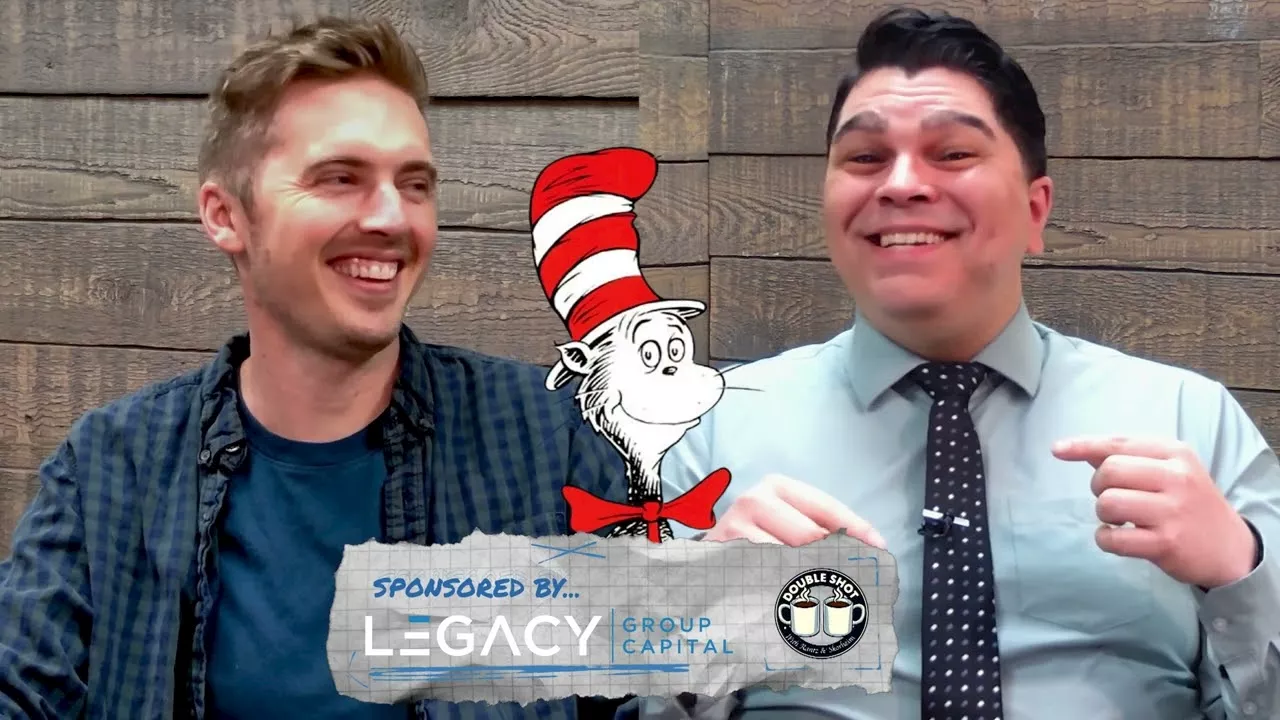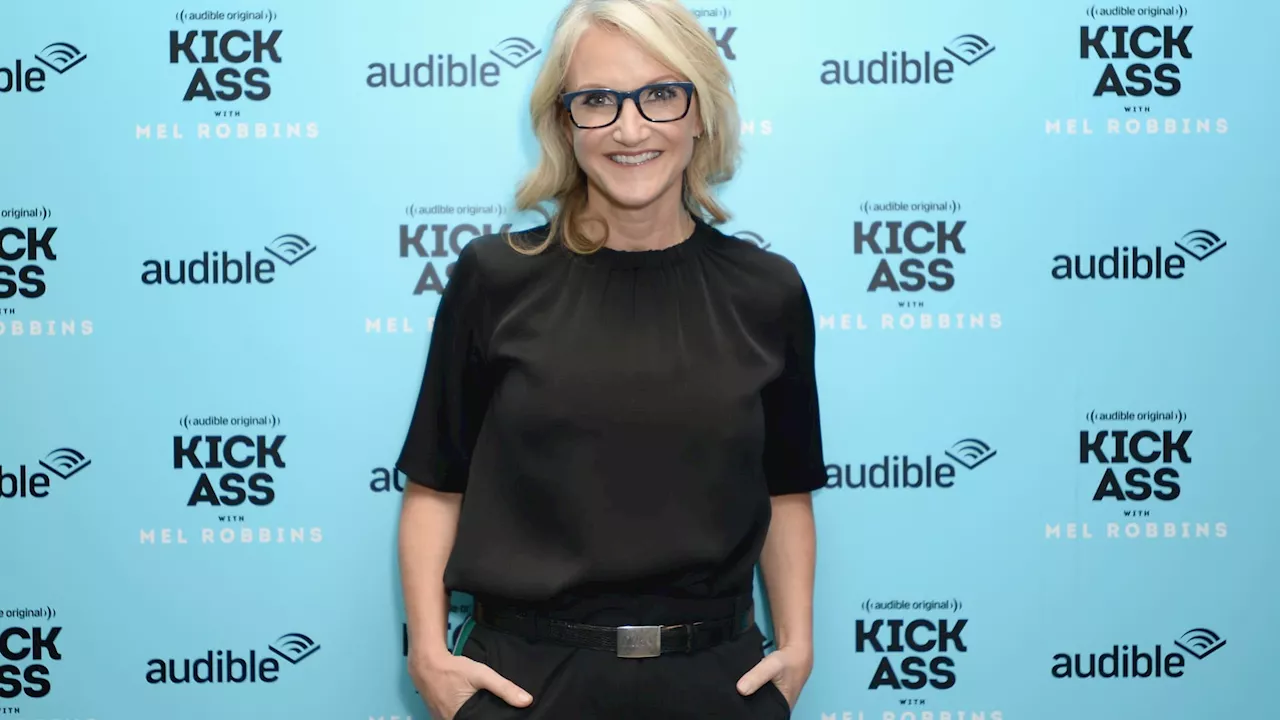This article explores the reasons behind the disappearance of imaginary friends from a child's life, emphasizing that it's a normal part of development. It discusses the important role imaginary friends play in a child's emotional and social growth and provides tips for parents on how to support their children during this transition.
Imaginary friends are a common and fascinating part of childhood development. They provide children with a space to explore emotions, practice social skills , and develop self-regulation. While it may seem like children simply create imaginary friends for companionship, experts say these make-believe companions serve a deeper purpose. They act as 'emotional training wheels,' helping young minds navigate the complexities of feelings, relationships, and the world around them. Dr.
Capanna-Hodge, a certified school psychologist and expert in children's mental health, explains that imaginary friends are a natural way for children to process emotions, build social skills, and practice self-control.They allow children to feel safe, creative, and in control of their world, especially during times of uncertainty or change. Typically, children develop imaginary friends between the ages of 3 and 7, a period when they are highly imaginative and learning to manage big feelings. Dr. Leslie Sanders, a licensed clinical psychologist, emphasizes that having imaginary friends is a positive sign of a child's vibrant imagination and their ability to engage in independent creative activities. It demonstrates that their brains are actively working to understand relationships, emotions, and self-regulation without needing constant parental intervention.However, as children grow and develop stronger coping mechanisms, make more real-world friends, and become more engaged in activities, their reliance on imaginary companions often diminishes. This is a natural part of development, typically occurring around ages 7 or 8. The fading away of an imaginary friend is not a cause for concern but rather an indication that the child's needs are being met through other sources, such as friendships or alternative forms of play. Parents can support their children during this transition by talking about their imaginary friend in a positive light, highlighting the fun memories they shared. They can also encourage their children to explore new creative outlets, such as drawing, writing, or acting out stories with toys. Reassuring children that it's okay to feel a sense of loss and that they can always 'visit' their friend in their thoughts can also be helpful
Imaginary Friends Child Development Emotional Growth Social Skills Self-Regulation
United States Latest News, United States Headlines
Similar News:You can also read news stories similar to this one that we have collected from other news sources.
 Why Are ADULTS Suddenly Wearing Knit Hats That Look Like Pandas or Cats?This article explores the trend of adults wearing knit hats designed to resemble animals like pandas and cats. It questions what societal factors might be driving this unusual fashion choice and suggests a deeper meaning might be at play.
Why Are ADULTS Suddenly Wearing Knit Hats That Look Like Pandas or Cats?This article explores the trend of adults wearing knit hats designed to resemble animals like pandas and cats. It questions what societal factors might be driving this unusual fashion choice and suggests a deeper meaning might be at play.
Read more »
 Friends — and 'Friends' — can teach 'Goosebumps' stars plentyBruce Miller talks with 'Goosebumps: The Vanishing' stars Stony Blyden, Galilea la Salvia and Elijay M. Cooper. The three play friends of twins Devin and Cece in the show.
Friends — and 'Friends' — can teach 'Goosebumps' stars plentyBruce Miller talks with 'Goosebumps: The Vanishing' stars Stony Blyden, Galilea la Salvia and Elijay M. Cooper. The three play friends of twins Devin and Cece in the show.
Read more »
 Friends: Why Monica and Chandler Were a Better Couple Than Ross and RachelWhile Ross and Rachel were the main couple on Friends, Monica and Chandler's relationship proved to be more compelling and relatable. This article explores why Monica and Chandler were a better couple than Ross and Rachel, highlighting their healthy dynamics and how they avoided common sitcom tropes.
Friends: Why Monica and Chandler Were a Better Couple Than Ross and RachelWhile Ross and Rachel were the main couple on Friends, Monica and Chandler's relationship proved to be more compelling and relatable. This article explores why Monica and Chandler were a better couple than Ross and Rachel, highlighting their healthy dynamics and how they avoided common sitcom tropes.
Read more »
 Why It's So Hard to Make Friends as an AdultThis article explores the challenges of making friends as an adult, according to author Mel Robbins. It examines how the dynamics of friendship change with age, the impact of different life stages, and the importance of shared values and experiences. Robbins offers advice on how to navigate these challenges and build meaningful connections.
Why It's So Hard to Make Friends as an AdultThis article explores the challenges of making friends as an adult, according to author Mel Robbins. It examines how the dynamics of friendship change with age, the impact of different life stages, and the importance of shared values and experiences. Robbins offers advice on how to navigate these challenges and build meaningful connections.
Read more »
 Why Can't I Get Supplies From Friends Outside Evacuation Zones Anymore?Tens of thousands have been displaced by Southern California's wildfires. Many are stuck in homes without utilities or can't return. This article explains why access to outside supplies has been restricted and offers guidance on what to do next.
Why Can't I Get Supplies From Friends Outside Evacuation Zones Anymore?Tens of thousands have been displaced by Southern California's wildfires. Many are stuck in homes without utilities or can't return. This article explains why access to outside supplies has been restricted and offers guidance on what to do next.
Read more »
 Why Is It So Hard to Fight With Friends?Conflict reluctance is more common than ever. But does conflict foster intimacy, and is authentic conflict missing from modern friendships?
Why Is It So Hard to Fight With Friends?Conflict reluctance is more common than ever. But does conflict foster intimacy, and is authentic conflict missing from modern friendships?
Read more »
